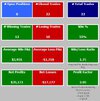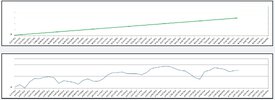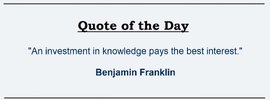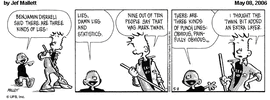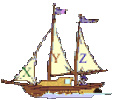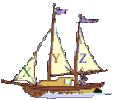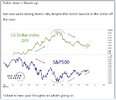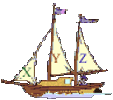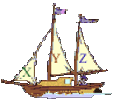- Joined
- 28 December 2013
- Posts
- 6,392
- Reactions
- 24,319
"Trading for Beginners - Skate's Practical Guide to Profitable Trading"
A daily series of posts aimed at those just starting out on their trading journey.
15. Snap judgements
We may improve our decision-making and raise our chances of market success by being conscious of the possible traps of our “intuitive mind” quickly making decisions rather than using our “deliberative mind” to make informed decisions.
We frequently fall back on our standard method of problem-solving, which is to act upon the first idea that enters our head. Making quick snap decisions is “unsuitable” when it comes to trading.
Even though our intuitive mind is rapid and effective, it can be particularly bad at calculating probabilities, which is a crucial trading skill. Consequently, adopting a thorough approach can aid in lowering the likelihood of making rash decisions.
Our intuitive mind, often known as "System 1 thinking" or our "lizard brain," frequently leads us to make snap judgements without fully considering all of the potential outcomes. When it comes to trading, this type of faulty thinking can be harmful.
Whereas our deliberate mind, sometimes referred to as "System 2 thinking" or our "evolved brain," processes information more slowly and methodically, making it the best mind for trading. Before making a decision, it is important to use your evolved brain to carefully assesses and analyses all the available facts.
Understanding the two-part structure of our minds, the intuitive "System 1" and the deliberate "System 2" and how they interact is essential for successful trading. The ability to calculate probabilities, a critical trade skill, might be particularly difficult for the intuitive mind, despite its speed and effectiveness.
Both the intuitive and deliberate modes of thinking have advantages, but the mind tends to use the intuitive mind more often due to its energy efficiency, saving the deliberate modes for situations that call for greater mental effort. Nevertheless, using the deliberate "System 2" side of the mind can help avoid making expensive trading mistakes.
Therefore, by exercising our deliberative mind rather than drawing hasty conclusions, we may improve our ability to compute probabilities. Deliberate thinking is hard, and it requires more mental effort, but it is necessary for successful trading.
Skate.
A daily series of posts aimed at those just starting out on their trading journey.
15. Snap judgements
We may improve our decision-making and raise our chances of market success by being conscious of the possible traps of our “intuitive mind” quickly making decisions rather than using our “deliberative mind” to make informed decisions.
We frequently fall back on our standard method of problem-solving, which is to act upon the first idea that enters our head. Making quick snap decisions is “unsuitable” when it comes to trading.
Even though our intuitive mind is rapid and effective, it can be particularly bad at calculating probabilities, which is a crucial trading skill. Consequently, adopting a thorough approach can aid in lowering the likelihood of making rash decisions.
Our intuitive mind, often known as "System 1 thinking" or our "lizard brain," frequently leads us to make snap judgements without fully considering all of the potential outcomes. When it comes to trading, this type of faulty thinking can be harmful.
Whereas our deliberate mind, sometimes referred to as "System 2 thinking" or our "evolved brain," processes information more slowly and methodically, making it the best mind for trading. Before making a decision, it is important to use your evolved brain to carefully assesses and analyses all the available facts.
Understanding the two-part structure of our minds, the intuitive "System 1" and the deliberate "System 2" and how they interact is essential for successful trading. The ability to calculate probabilities, a critical trade skill, might be particularly difficult for the intuitive mind, despite its speed and effectiveness.
Both the intuitive and deliberate modes of thinking have advantages, but the mind tends to use the intuitive mind more often due to its energy efficiency, saving the deliberate modes for situations that call for greater mental effort. Nevertheless, using the deliberate "System 2" side of the mind can help avoid making expensive trading mistakes.
Therefore, by exercising our deliberative mind rather than drawing hasty conclusions, we may improve our ability to compute probabilities. Deliberate thinking is hard, and it requires more mental effort, but it is necessary for successful trading.
Skate.

